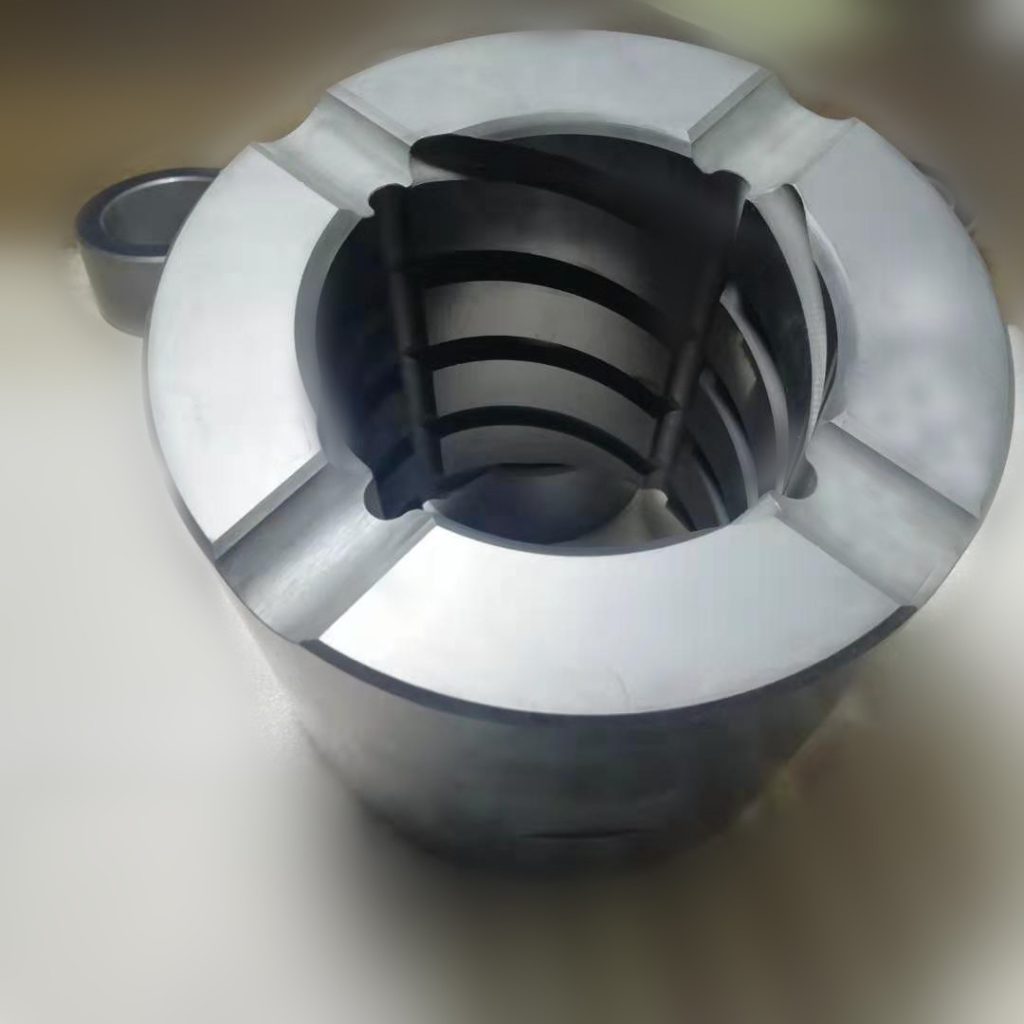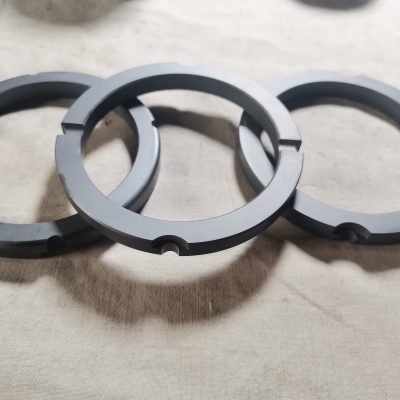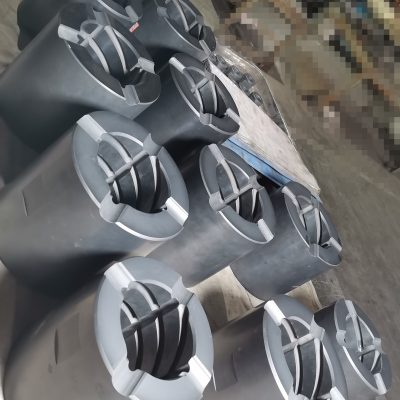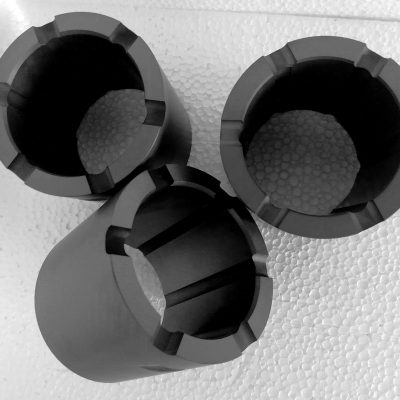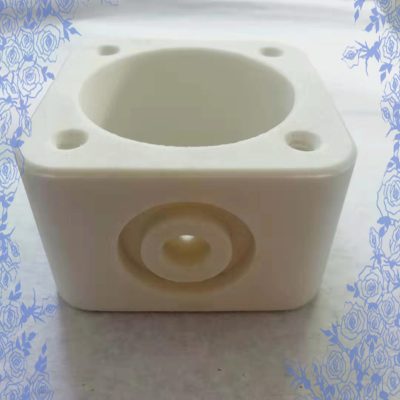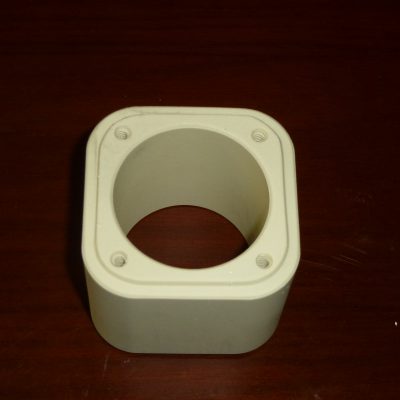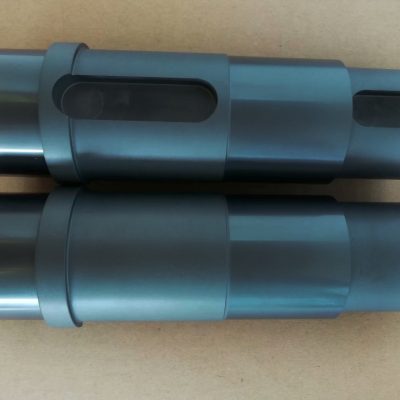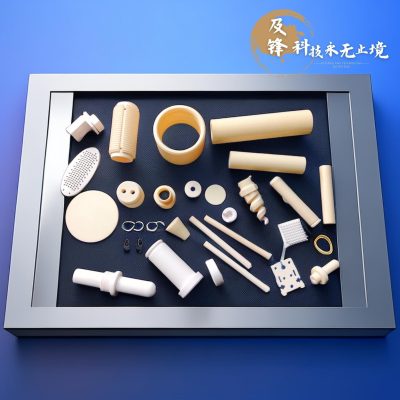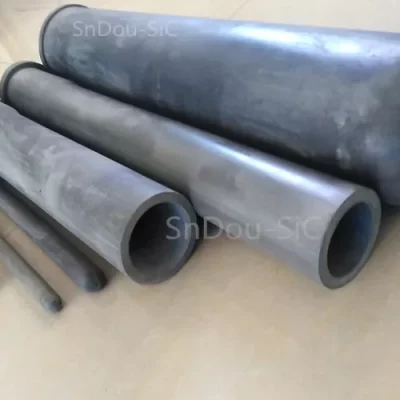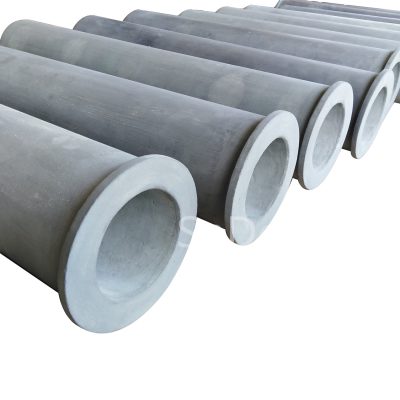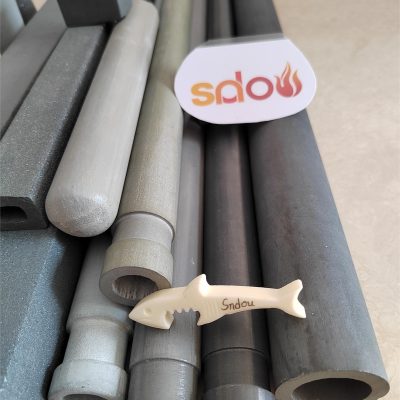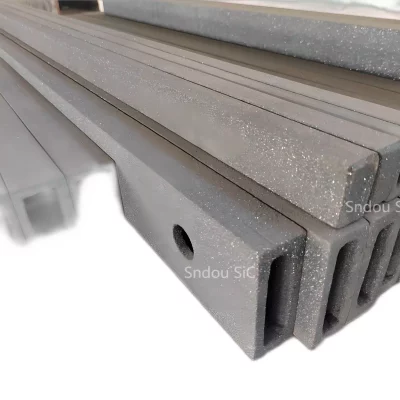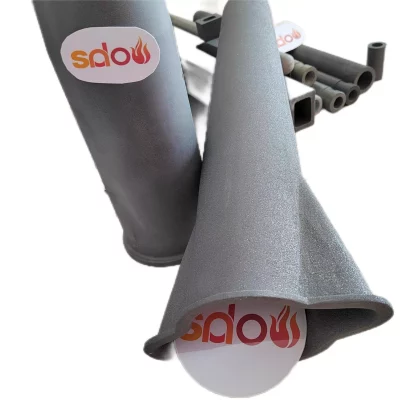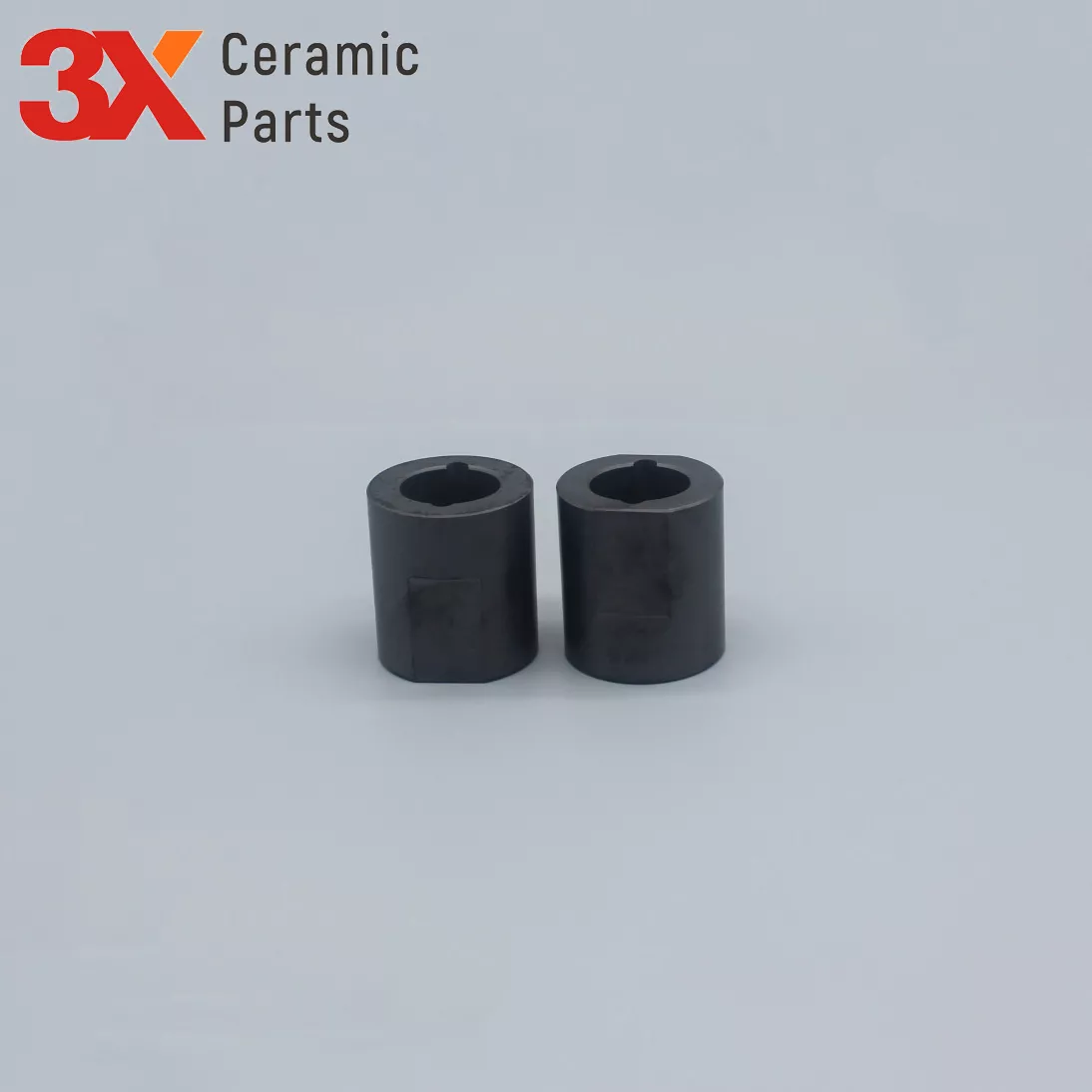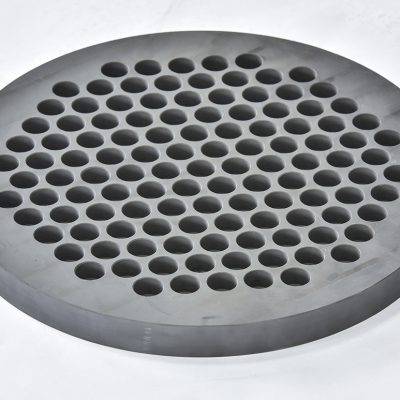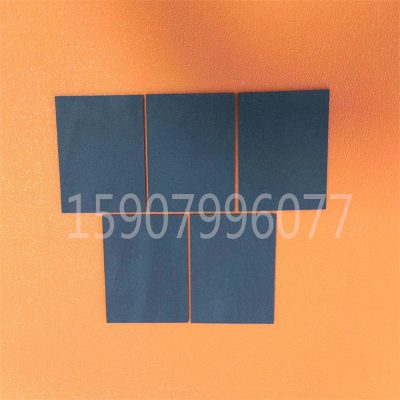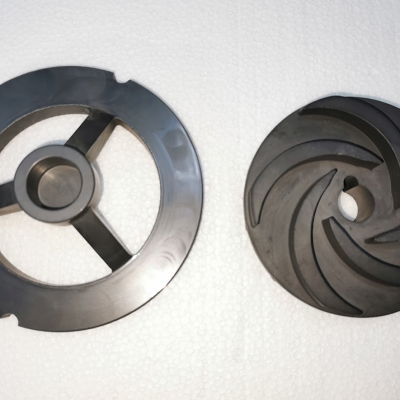Customer Customization Sintered Silicon Carbide (SSIC) Pump Shaft of Advanced Magnetic Drive Pump
手机查看产品 浏览量: 0产品类别
联系人信息
产品详情
Pressureless sintered silicon carbide (SSIC) is produced using very fine SiC powder containing sintering additives. It is processed using forming methods typical for other ceramics and sintered at 2,000 to 2,200° C in an inert gas atmosphere. As well as fine-grained versions, with grain sizes < 5 ?m, coarse-grained versions with grain sizes of up to 1.5 mm are available. SSIC is distinguished by high strength that stays nearly constant up to very high temperatures (approximately 1,600° C), maintaining that strength over long periods!
This material displays an extremely high corrosion resistance in acidic and basic media, and this too is maintained up to very high temperatures. The coarse-grained versions offer particular advantages. These properties are outstanding among high-temperature ceramics, and are complemented by high thermal shock resistance, high thermal conductivity, high resistance to wear, and a hardness close to that of diamond. Thus, SSIC is ideal for extremely demanding applications, for example, slip ring seals in chemical pumps, bearing bushes, high temperature burner nozzles, or as kiln furniture for very high application temperatures. The use of SSIC with graphite inclusions improves the performance of tribological systems.

贸易信息
| 可接受的付款方式 |
| 发货方式 |




